For RVers dreaming of full-time living in a recreational vehicle, you may wonder - can I legally live in an RV anywhere I want?
The answer is not so simple. Many people love the idea of life on the open road. Yet, not all states allow long-term RV living on private land. The growing interest in RV living makes sense due to the big economic impact of the RV industry.
Despite the booming RV sector, transitioning into a mobile lifestyle comes with a set of legal and logistical hurdles due to varying local regulations.
Local zoning laws create a patchwork of RV regulations across the country. This guide covers key questions for aspiring full-time RVers, including:
- What are the criteria that legally define an RV as a primary residence?
- Which states have RV-friendly laws for full-time living on your land?
- What are the least RV-friendly states with strict limitations?
- What cost factors should you consider when choosing RV living?
With preparation, RV living is possible in many areas. We'll help you make informed decisions before starting your mobile journey.
RV-Friendly States for Long-Term RV Living
Several states permit living in RVs on private property long-term, provided criteria are met defining the RV as a primary residence. This involves having basic amenities like a kitchen, sleeping area, and toilet.
The RV must be used as the main home for at least 14 days per IRS guidelines. Registration should match the location across documents. Local laws may dictate additional requirements around duration, utilities, and zoning.
- Washington State
- South Dakota
- Nevada
- Florida
- Texas
- Arizona
- Colorado
- California
- New York
- Pennsylvania
Besides these states, others are gradually adopting more progressive laws regarding full-time RV living.
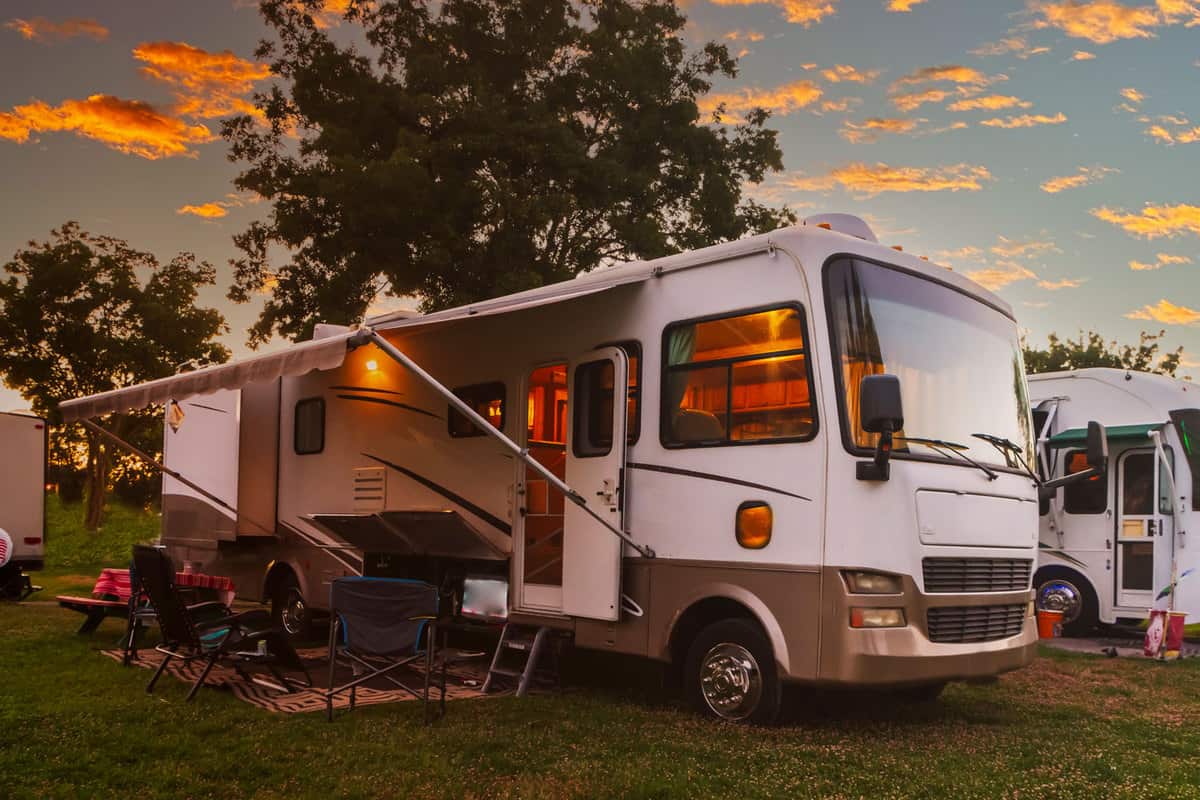
Key Factors for the Top 10 RV-Friendly States
The following states extend favorable laws and incentives, welcoming full-time RVers to park their rigs on private land:
Washington State: Washington allows establishing mobile homes on private property long-term. Research local zoning codes before buying land to ensure RV living is permitted.
South Dakota: South Dakota offers incentives like no state income tax to attract full-time RVers. RV living on private land is legal, with abundant RV parks and businesses catering to mobile homeowners.
Nevada: Nevada laws permit extended RV living on private property outside city boundaries. RVs must have a bathroom with shower facilities and pass inspections.
Florida: Florida allows year-round RV living on private property as long as the vehicle complies with county regulations. Thousands of RV parks provide infrastructure for full-timers.
Texas: Texas offers legal protections for parking RVs long-term on private land with proper registration. The lack of state income tax is a major perk for permanent RV residents.
Arizona: Arizona has no laws prohibiting or limiting full-time RV living, though some city ordinances may apply.
Colorado: Colorado permits full-time RV living but requires compliance with local ordinances. Municipal laws may prohibit RV living even if state law does not.
California: California has relaxed laws regarding RV residency, allowing indefinite stays if no hazards or nuisances are caused.
New York: New York allows RV living on private property with approval from local authorities.
Pennsylvania: RV living is permitted on private land in Pennsylvania if following local regulations. No statewide prohibitions exist.
The table below summarizes considerations for the top 10 RV-friendly states to help compare your options:
| State | Income Tax | Max RV Length on Public Roads |
Avg Low Temperature |
Avg High Temperature |
|---|---|---|---|---|
| Washington | No | 46ft | 45°F | 79°F |
| South Dakota | No | 45ft | 20°F | 89°F |
| Nevada | No | 45ft | 34°F | 70°F |
| Florida | No | 45ft | 41-65°F | 73-95°F |
| Texas | No | 45ft | 46°F | 96°F |
| Arizona | Low | 45ft | 41°F | 92°F |
| Colorado | Low | 45ft | 15°F | 95°F |
| California | High | 40ft (45ft some hwys) | 45°F | 87°F |
| New York | High | 45ft | 27°F | 82°F |
| Pennsylvania | Low | 45ft | 27°F | 80°F |
Tips for Navigating RV Living Regulations in All States
Planning RV living requires thoroughly researching regulations, even in RV-friendly states. Local ordinances may prohibit parking RVs long-term regardless of state law.
For example, Michigan's law vaguely addresses RV living, with certain townships forbidding permanent residences. However, Oregon allows temporary RV living on private property with county approval. In Arkansas, full-time RV living is only permitted in approved parks.
Additionally, Massachusetts limits RV storage in residential areas per zoning laws. Kentucky restricts RV living to licensed communities meeting standards. North Carolina only allows temporary RV use due to zoning rules.
Once you determine an area that allows RV living, properly register your vehicle by meeting requirements for title, license, insurance, inspections, taxes and tags. Also, take time to understand your RV's systems to adapt to the mobile lifestyle smoothly.
Tips for Navigating Restrictions
- Carefully choose secured RV parks with full hookups after comparing costs.
- Buying land can provide long-term savings but factor in zoning laws.
- Use RV park directories and route planning apps to map travel through RV-friendly areas.
- Manage mail with services like Escapees or P.O. boxes.
With preparation, finding safe RV spots is possible even in less accommodating states. Use these tips to navigate regulations for your unique RV living journey.
Before starting this lifestyle, ensure you have a suitable vehicle to accommodate your family and necessities on the road. Consider vehicles from the list of 'Eight 7-Passenger Vehicles You Can Flat Tow Behind An RV.'
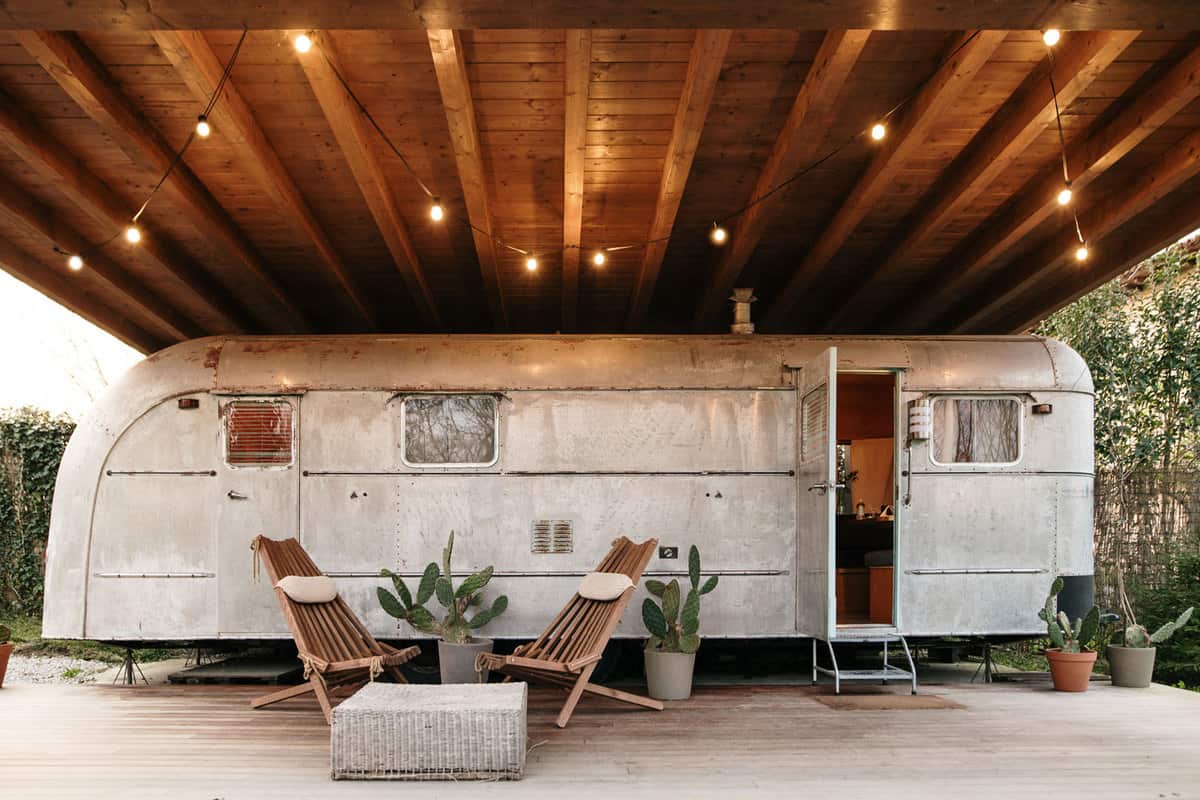
Cost Considerations for Full-Time RV Living
Full-time RV living on private property requires budgeting for expenses like:
- Land costs
- RV loan payments
- Maintenance and repairs
- Utilities like electricity and propane
- Insurance
According to Nicole Symon of Money Magazine, "Full-time RV-ers cite monthly costs ranging from $1,000 for minimalist, frugal living to $5,000 on the higher end."
Strategies to reduce costs include:
- Employing energy conservation tactics
- Buying supplies in bulk
- Doing DIY maintenance when possible
- Being proactive with preventative RV maintenance
With proper planning, RV living on private land can lead to a more affordable lifestyle compared to traditional homes.
Key differences in costs for RVs versus houses include lower rent/mortgage payments and registration fees versus property taxes.
Moreover, before settling down on a piece of land, it's prudent to check the condition of your RV, including crucial components like windows; understanding RV Windows Replacement - What RV Owners Need To Know is essential to maintaining a comfortable living environment.
FAQs About The Full-Time RV Lifestyle
RV living offers exploration freedom, a minimalistic lifestyle, cost savings, close nature contact, personal growth challenges, and the choice of surroundings for a unique life journey.
Pros: travel freedom, no mortgage/rent, adventure, minimal living.
Cons: limited space, weather challenges, frequent packing, parking restrictions.
Expect challenges like limited space, extreme weather, pest control, less privacy, finding urban parking spots, utility access, and regular maintenance.
Insulate windows and doors, install RV skirting, ensure efficient heating reliable electricity, insulate water hoses and tanks, ensure sanitation access, and stock emergency supplies.
Understanding your RV's systems, like the water supply and its line size, will ease the transition to your new mobile lifestyle.
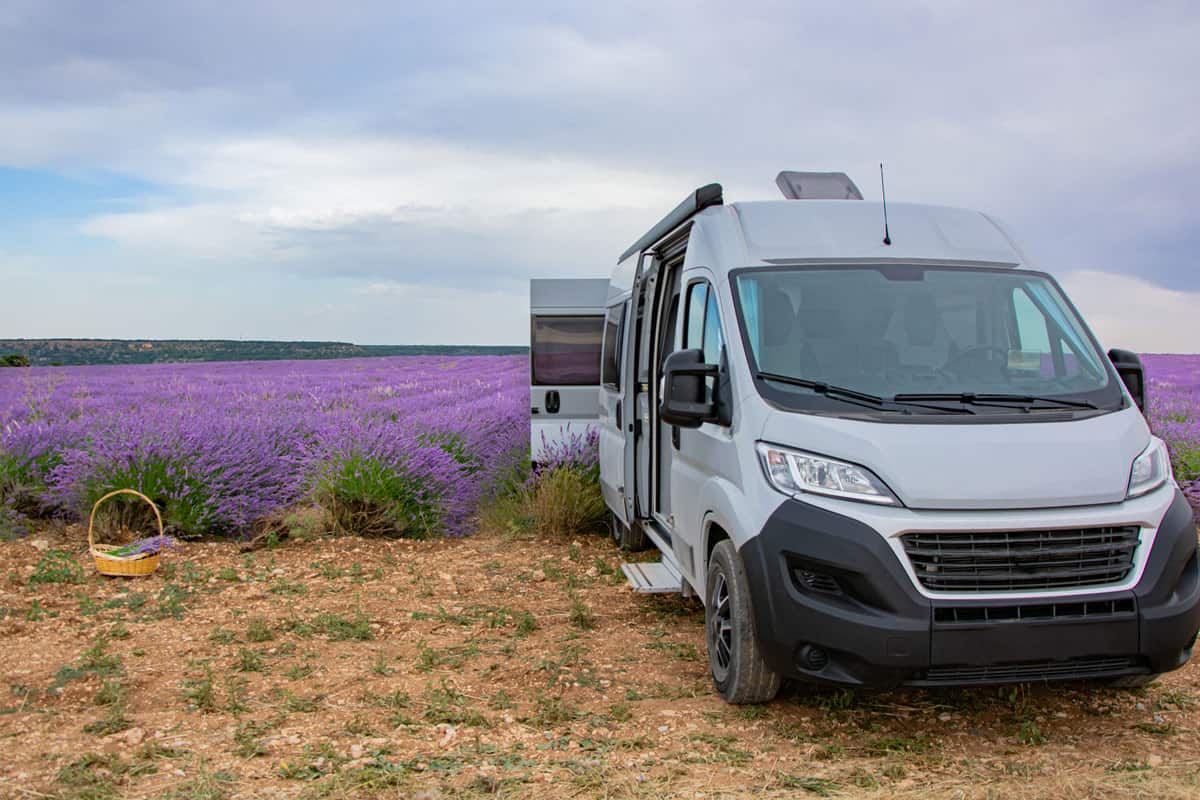
FAQs About The Legal Aspects Of RV Living
Register the RV in your home state, follow parking rules, obtain permits if required, and use a mail service for a stable address.
Local zoning laws may only allow RVs temporarily. Research regulations in your location.
No, HOA rules take precedence except in cases of discrimination. You can petition for changes but may face resistance.
No. Even if an area allows RV homes, HOA rules take precedence unless they violate fair housing or civil rights laws.
Look for areas without an HOA or with a history of allowing RVs. Some retirement communities are also RV-friendly.
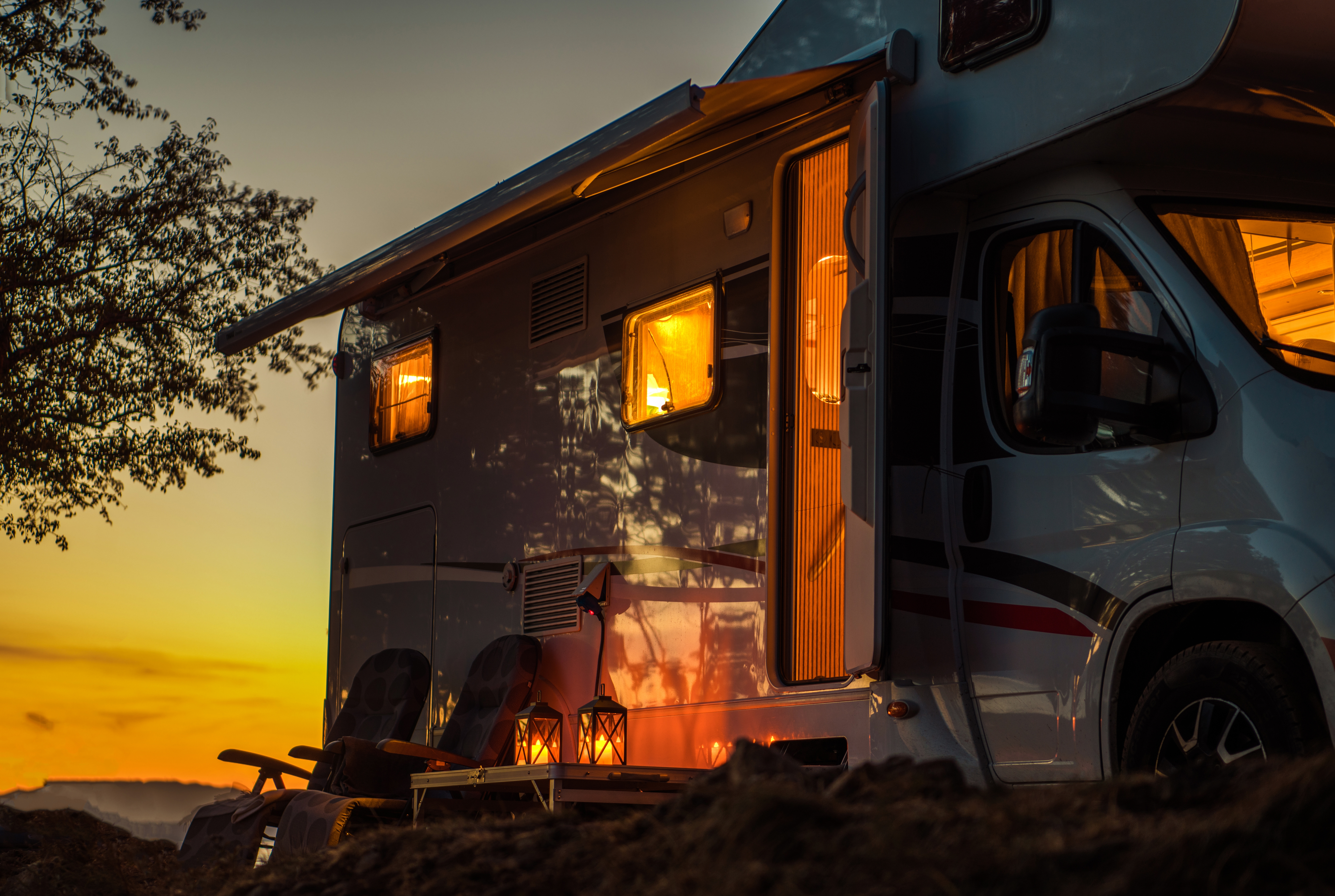
State-by-State Guide to RV Living Laws
The regulations around RV living vary greatly nationwide. While many states allow establishing an RV residence on private property, others impose major restrictions.
As a reminder, always thoroughly research local ordinances, zoning codes, and HOA rules before purchasing land or parking an RV. State law does not always override more restrictive policies at the county, city or neighborhood levels.
Seek out confirmed RV-friendly areas, or consider renting a space in an accommodating RV park. With the proper preparation and knowledge of regulations, the RV lifestyle can be attained in many regions nationwide.
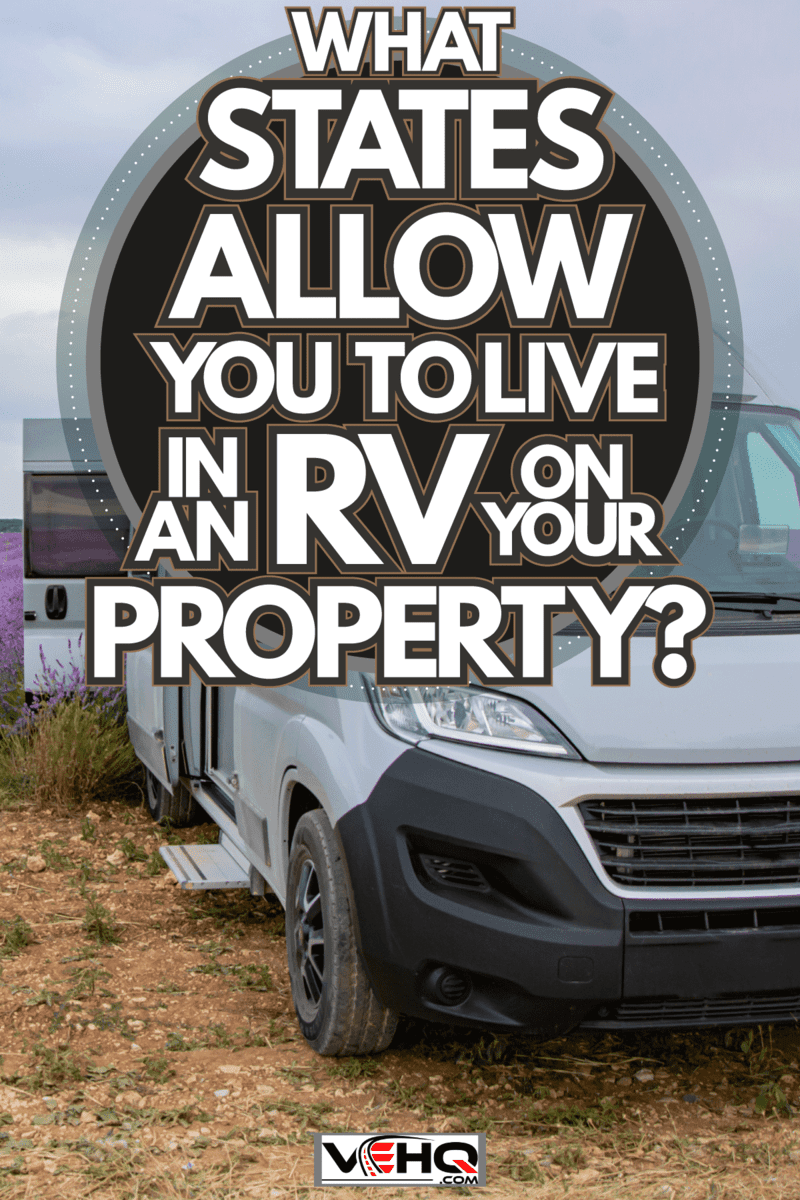

They really did to change the about living in a camper bc people like myself I own property everything is on the property to put a home on it but can’t afford a home the camper was given to me but again I’m in trouble with the county bc I’m living on my own property
Washington state might allow it but most counties only allow 14 days and then it must be moved
Florida does NOT allow you to live on your own piece of property according to county and city ordinances. you can ONLY live in an RV park full time, which means that your squished in tiny lots with tons of people around you. Outside of RV parks, Florida is NOT RV friendly really anywhere…